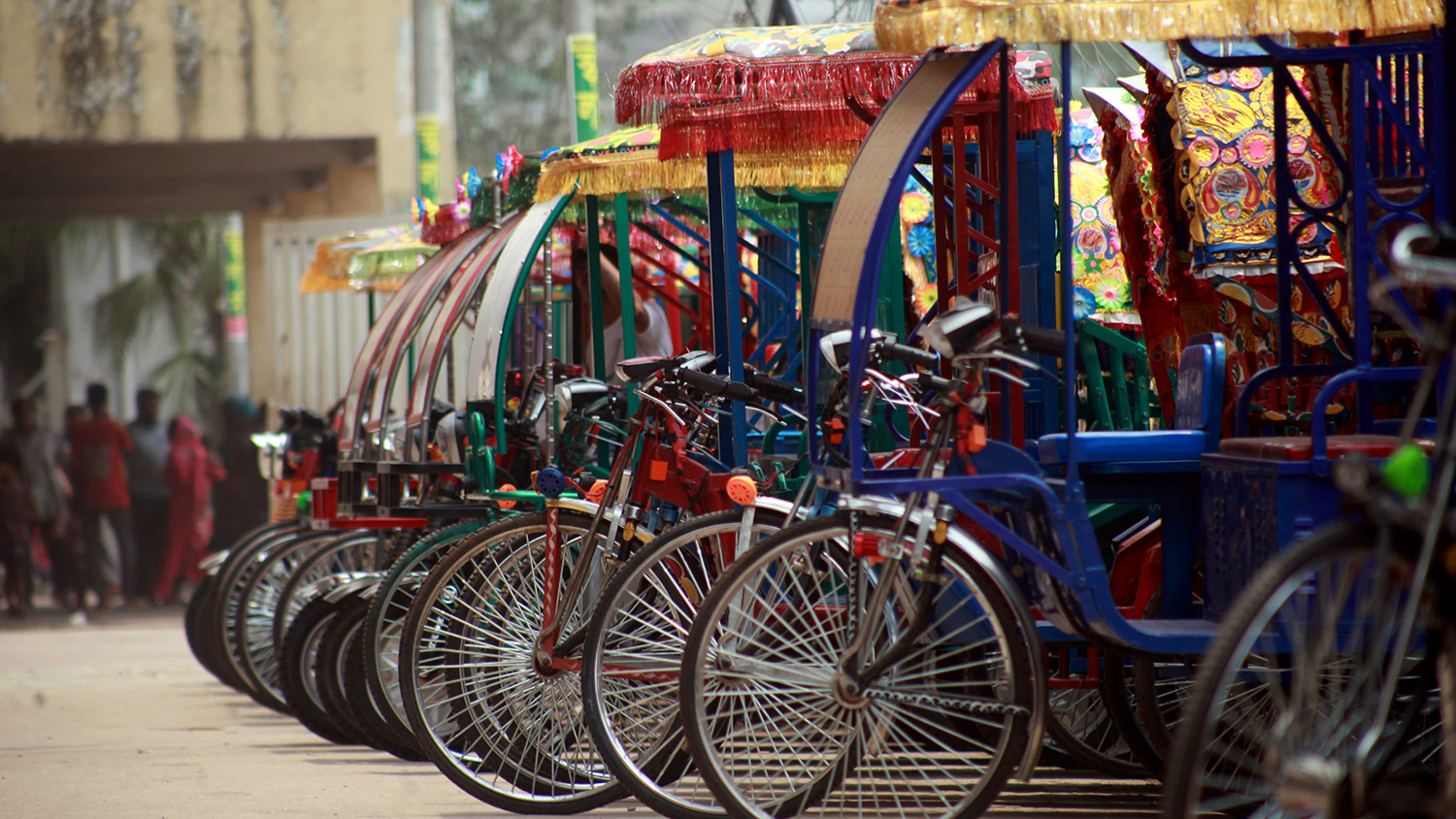The rickshaw, a universal sight on Dhaka’s bustling roads, is more than just a mode of transport. It’s a cultural icon and a symbol of the city’s vibrant chaos. For many, it provides a cheap and convenient way to navigate the city’s traffic-choked streets while employing countless individuals.
In recent years, the introduction of battery-powered rickshaws has brought both benefits and challenges. Initially conceived to provide employment opportunities for the handicapped, these motorized rickshaws have gained popularity among able-bodied rickshaw pullers as well. They offer several advantages over traditional human-powered rickshaws, including increased speed and reduced physical exertion for the pullers.
However, retrofitting electrical motors to rickshaws has quickly turned problematic. The increased power from the motors overwhelms the weak brakes, leading to a surge in crashes and accidents reported from across the city. Most people agree that these autorickshaws are unsafe, which recently led to legislation banning them.
In response, rickshaw pullers have protested against the ban, raising an important question: are they completely wrong? Autorickshaws undeniably make the underpaid and overworked lives of these hardworking individuals much easier. So, what if we could reconsider their use after implementing some adaptations?
The main problem with autorickshaws is their excessive speed. This issue can be addressed with the installation of speed limiters. Additionally, equipping them with better brakes and grippier tires can make higher speeds more manageable. By enforcing these conditions and implementing road safety regulations, such as separate lanes for rickshaws, safe autorickshaws can become a reality.
As we move toward a digital Bangladesh, electric rickshaws can play a crucial role in shaping the future of urban transportation. They have the potential to serve as an eco-friendly means of transport for the masses while creating employment opportunities and preserving our cultural heritage.
Written by Redwanul Haque




